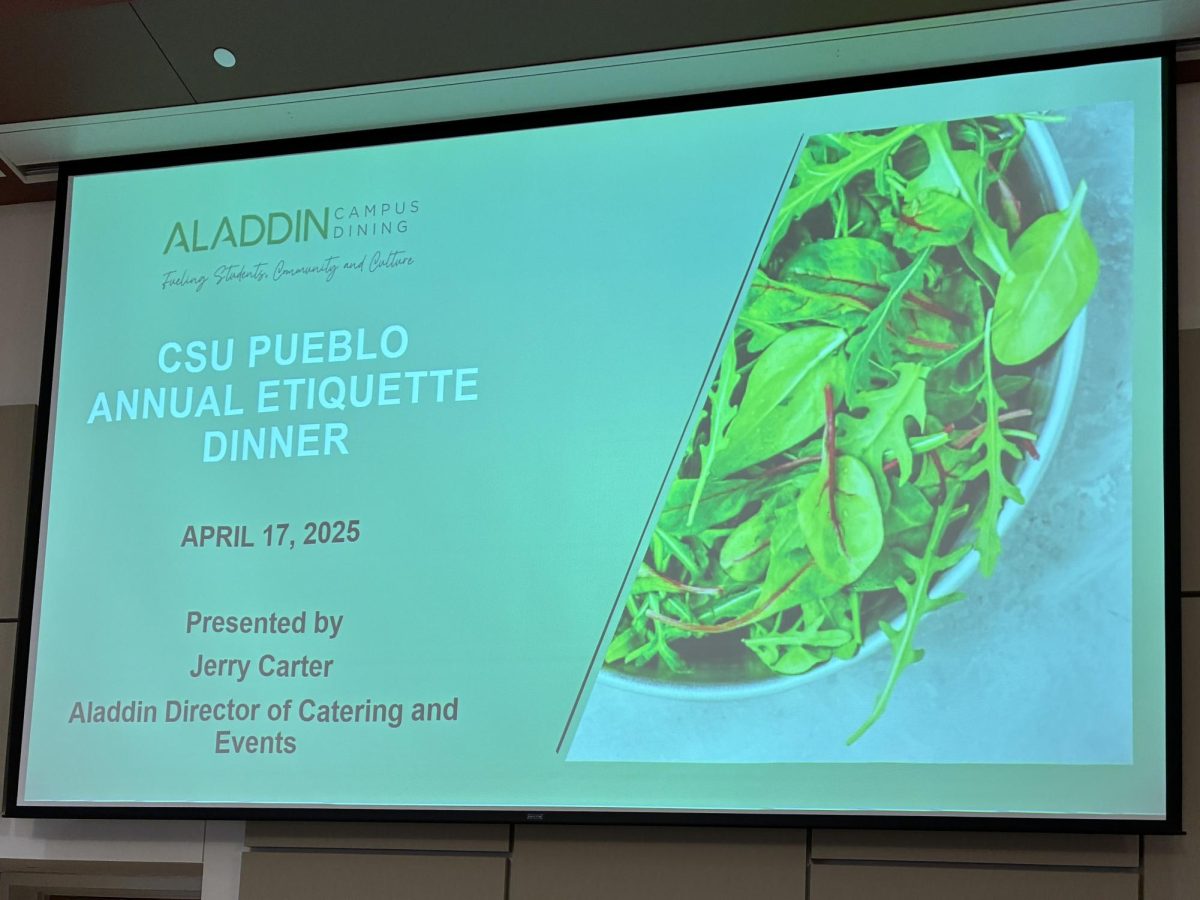By William J. Dagendesh
Students are not required to pay back Pell grant money despite rumors to the contrary, said Russ Meyer, provost for CSU-Pueblo.
The Pell grant is a Federal grant the government provides to students from low-income families to pay for books, tuition and other expenses, Meyer said. Grants, unlike loans, do not have to be repaid, he said.

However, students for some reason believe they are required to repay some of the money starting this fall, Meyer said. The provost doesn’t know how this rumor got started, he said, and that students have nothing to worry about.
“Students do not have to pay back the Pell grant because it is a grant, not a loan,” Meyer said.
The Pell grant is awarded to students based on financial need information provided on their Free Application for Federal Student Aid form, Meyer said.
To be eligible for a Pell grant, students must have earned a high school diploma or general education development, or have been home-schooled, Meyer said. Students must already be enrolled in a school in order to earn a degree and be a U.S. citizen or permanent resident, he said.
Students are not required to hold a minimum grade point average to qualify for a Pell grant, Meyer said. However, students can lose their grant if they do not maintain a satisfactory academic record, he said. To remain eligible, students must have earned a GPA of no less than a “C” or an academic standing consistent with the school’s graduation requirements after two years of enrollment.
About two-thirds of full-time college students receive financial aid, Meyer said, and eligible students each year are awarded money through this program. Many factors figure into Pell grant amounts, he said. These include attendance cost, student’s enrollment status, expected family contribution and whether the student attends classes for a full academic year or less.
Occasionally, the Pell grant is awarded to students whose family income exceeds $60,000 a year, Meyer said. Because of this, it makes no sense why students believe they must pay back some of the money, he said.
“I think students are confusing the Pell grant with a possible tuition hike,” Meyer said. “If tuition goes up, the Pell grant won’t cover as much, which is true. If the cost of attendance goes up and if the Pell grant doesn’t go up at the same time, students would have to pay more.”
Coincidentally, changes in tuition might go into effect later this year, Meyer said. State public schools have submitted proposals recommending what should be done if state funding is reduced significantly to the Colorado Commission of Higher Education, he said.
“Given the magnitude of reduction the state is looking at, we would probably have to raise tuition by nine percent or more,” Meyer said. “None of that is solid yet because nobody knows what the state is going to get for higher education.”
CSU-Pueblo won’t get solid figures until after the Join Budget Committee meets to discuss and determine the appropriation for higher education, Meyer said.
“It will be late spring at the earliest before we know anything,” Meyer said.









